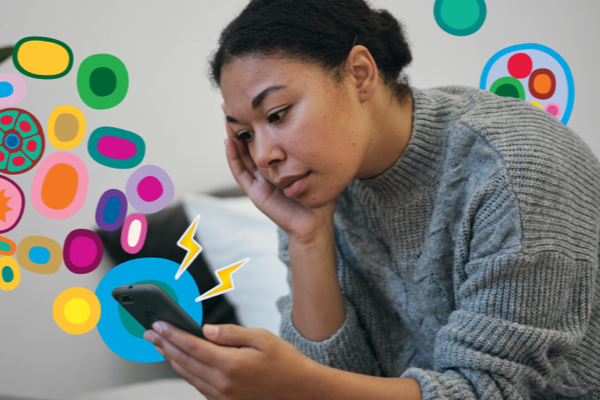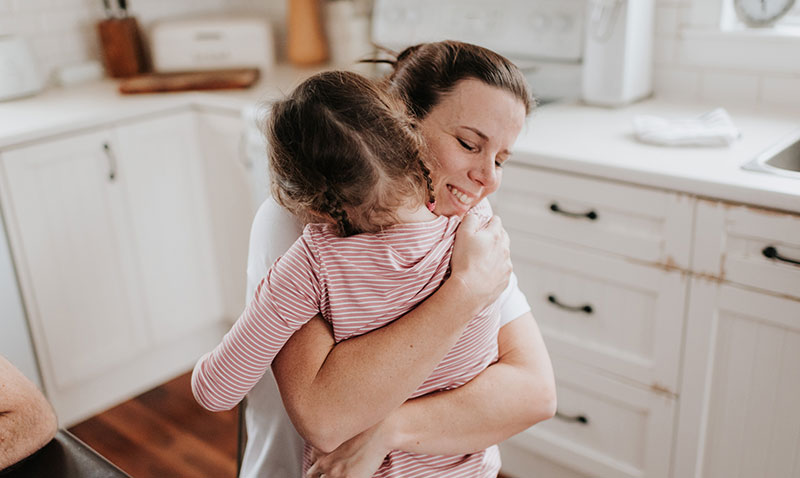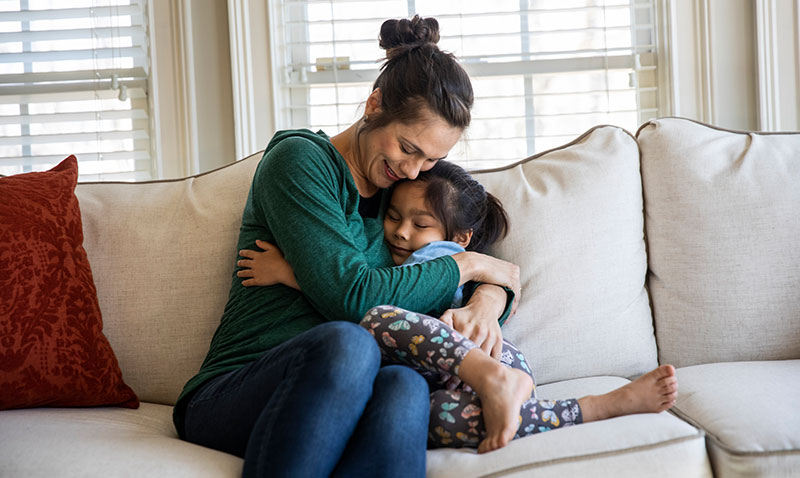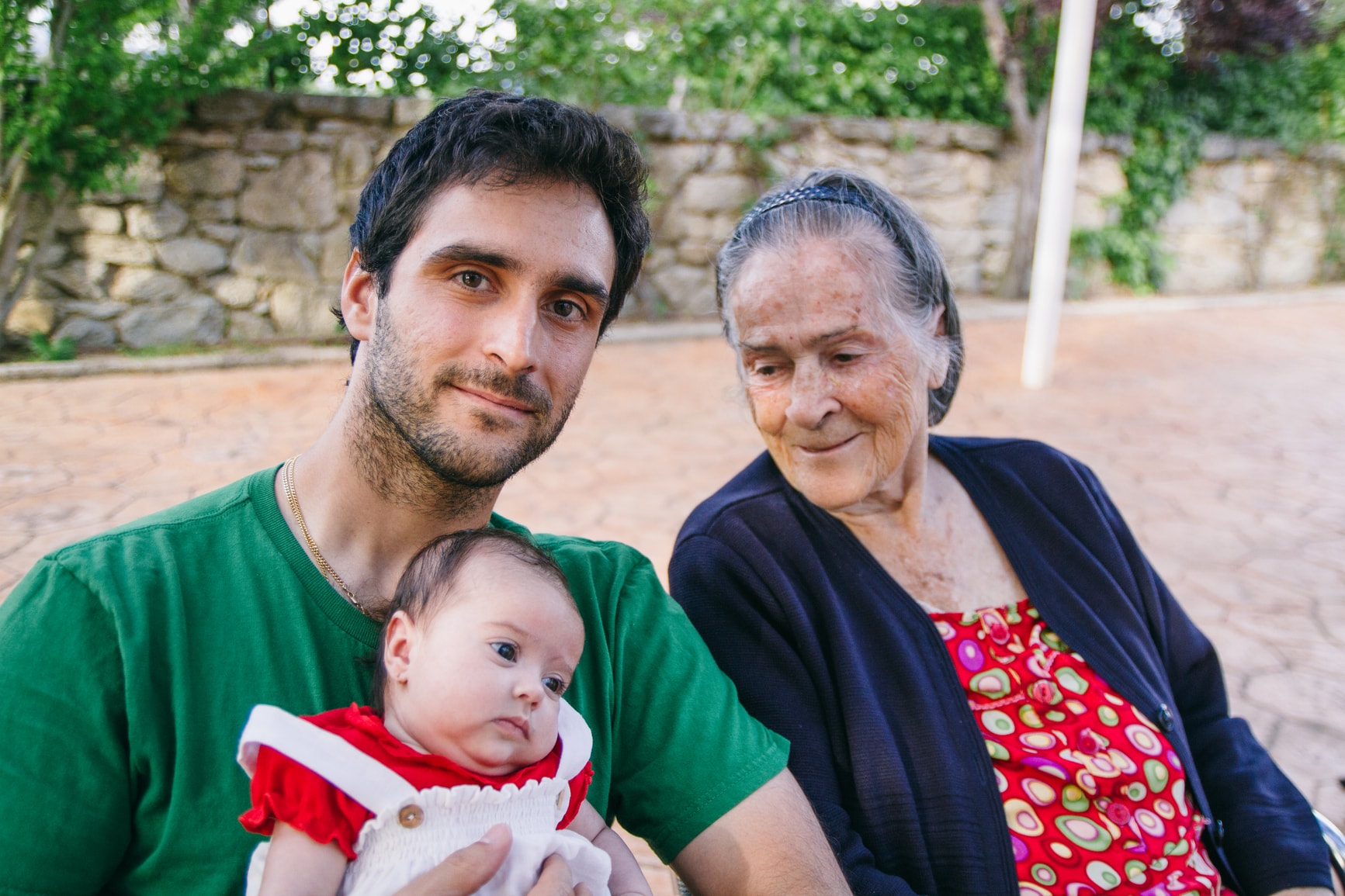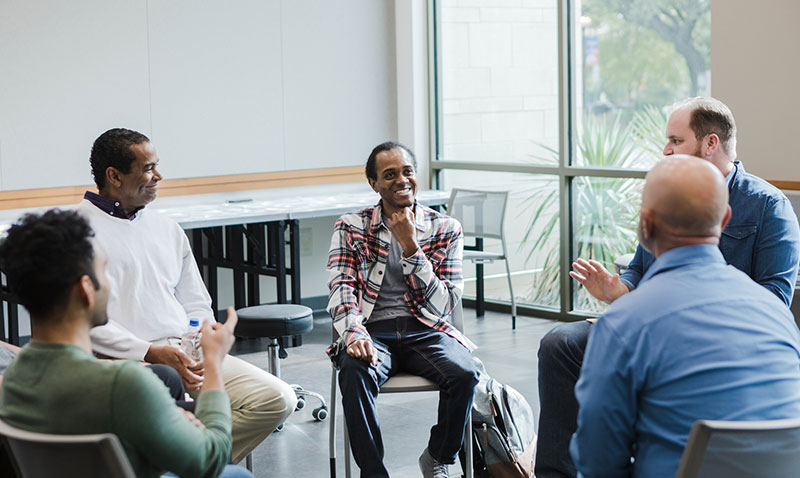Written by Dr Patricia Zurita Ona
Emotions like sadness, anger, guilt and disappointment can sometimes feel impossible to deal with. Psychologist Dr Patricia Zurita Ona shares some advice.

Suppose you and I are having a conversation, and you are given two choices:
Option A: You never have to have these awful feelings of abandonment, loneliness, guilt, disappointment, or other overwhelming feelings, but you will also lose your capacity to feel love, caring, and joy with others. You won’t feel emotional pain and you also won’t feel connection with others.
Option B: You have all the capacity to feel love for the people around you, care for the things that matter to you, and feel joy for small things in life, and you also have the capacity to feel the pain that comes with struggles, frustrations, and challenges of daily living. You live the life you want to live, with both the sweet and the sour.
Which option do you choose? Would you be willing to drop the struggle and let those feelings be?
Every time you fight against those uncomfortable emotions by distracting, suppressing, or running away from them, you spend all your energy in that battle, and at the end of the day, you end up with less energy to do what truly matters to you. What are you going to choose?
Emotional machinery is knotty, and those emotions move you in all types of directions and organize your behaviour. Although it’s hard, it’s not impossible to step back, learn to have all your emotions — the fleeting ones, the overwhelming ones, and the brutally chronic ones — and still check your values, evaluate the workability of your action-urges, and choose your behaviour.
Imagine for a second, if you weren’t spending all your time dealing with your emotions, what would you be doing? What places, activities, hobbies, and challenges would you approach instead of avoiding? What would you start or stop doing for yourself and the people around you? What would you pursue? Choosing what matters is choosing to feel.
Choosing to feel
If you don’t have control over your emotions, what is left for you? To choose, to learn to have them without becoming them. Learning to stay present with your emotions is about learning to have your emotions without acting based on them or running away from them. It is about letting your feelings run their own temporary life. It sounds easier said than done, but it’s still possible.
For highly sensitive people this is a major sticky moment, because when your emotional switch goes on, those painful emotions are so loud, like the commentators of a soccer game screaming through a microphone, that they demand you take action as soon as possible. And naturally, you may have strong impulses to get rid of them and perform an emotional escapism act by either doing something pleasurable, such as drinking, having sex, eating, or shopping, or simply physically getting out of whatever is triggering the emotion.
Choosing to feel invites you to accept those feelings, as a skill.
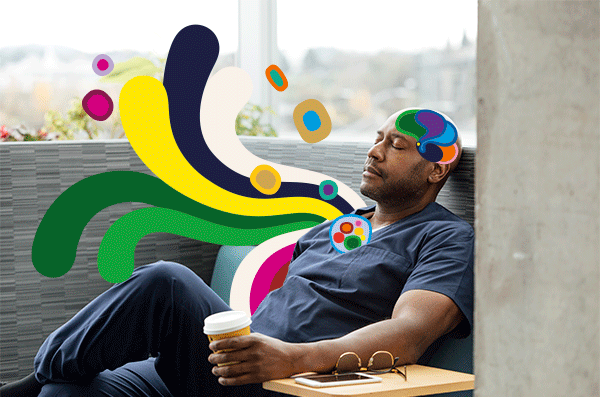
Download the Medibank Better Minds App
Want to better manage your mental health on your own terms, in your own time? Medibank’s Better Minds app provides members with hospital cover€ access to interactive wellness checks, evidence based skills training and confidential one-on-one coaching. Find out more.
Choosing to accept
You can choose to feel a feeling and yet still notice and name your feelings as if you’re angry at them, or you can choose to feel and accept them as they come, with the discomfort, the strong urges, and the body noise they make. You don’t have to like or love your feelings, and you don’t have to choose to feel them while forcing yourself and gritting your teeth either; you can learn to choose your feelings with acceptance, taking them as they are.
Acceptance is about easing out of the emotional machinery and beginning to stay with what’s happening under your skin, right there, wherever you are.
Learning to accept your feelings without becoming them is like being here, in emotion land, before rushing there, to action land.
Exercise: Check in with yourself
Set the alarm in your cell phone twice a day to simply check in with yourself about what you’re feeling, the intensity of it, and whether it’s comfortable or not; if you can’t name the feeling, simply describe to yourself the sensations you’re noticing in your body in that moment.
The business of being alive is not an easy one, and it certainly comes with all shades of pain, sometimes expected, sometimes unexpected. No human being likes to be in pain, and because you’re vulnerable to experiencing your feelings at a maximum level, as if your amygdala were a satellite that captures from the softest to the loudest emotional signal happening around you and within you, you naturally feel as if you have to do something about it right away.
What are you going to choose: to be stepped on by the emotional machinery or to be a super-feeler with a degree in emotion strategy?
This is an edited extract from Escaping the Emotional Roller Coaster (Exisle Publishing 2018) by Dr Patricia E Zurita Ona.
Dr Patricia E Zurita Ona, or Dr Z, is a clinical psychologist who specializes in OCD, trauma, all types of anxiety and related conditions, and emotion dysregulation problems for children, teens, and adults.
24/7 Medibank Mental Health Support
Medibank health insurance members can talk with a mental health professional over the phone or online at no extra cost.~ Chat in relation to any mental health or emotional concern, 24 hours a day 7 days a week.
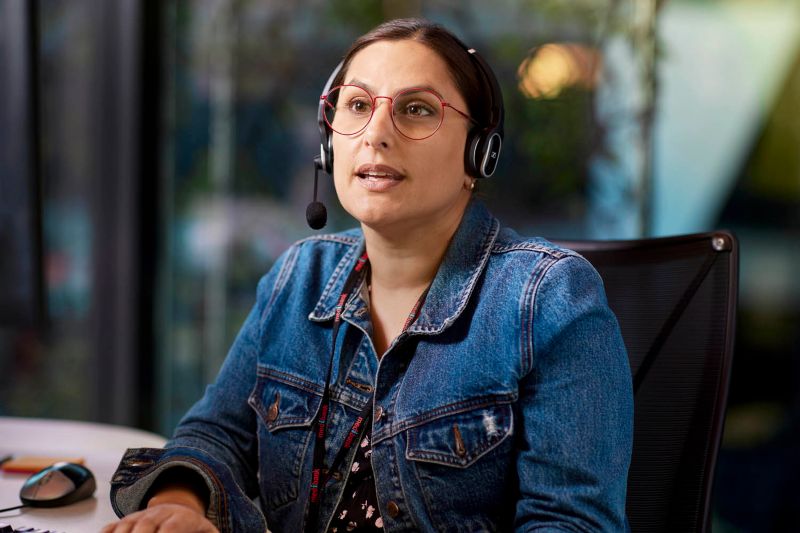
Related articles
Looking for something else?
Visit our Better Minds hub to find more tools and services.
Things you need to know
~ Some referred services may involve out of pocket costs and waiting periods may apply.
€ Not available for members with extras only cover, ambulance only cover, Overseas Student Health Cover or Overseas Workers or Visitors Health Cover.
While we hope you find this information helpful, please note that it is general in nature. It is not health advice, and is not tailored to meet your individual health needs. You should always consult a trusted health professional before making decisions about your health care. While we have prepared the information carefully, we can’t guarantee that it is accurate, complete or up-to-date. And while we may mention goods or services provided by others, we aren’t specifically endorsing them and can’t accept responsibility for them. For these reasons we are unable to accept responsibility for any loss that may be sustained from acting on this information (subject to applicable consumer guarantees).


